Sun damaged skin is a common concern, especially during the summer months. Many people turn to natural ingredients for skincare solutions, believing they are inherently beneficial. However, it's important to recognize that not all “natural” or organic skincare products deliver the desired results. This blog aims to guide you through the world of natural skincare, highlighting effective ingredients for sun-damaged skin, while emphasizing the crucial fact that just because an ingredient is natural does not guarantee its benefits.
Nature's Beneficial Arsenal
While nature offers a rich array of ingredients that can aid in repairing and rejuvenating sun-damaged skin, it is important to discern which ones have scientific backing. Let's explore some of the natural ingredients that have been scientifically recognized for their positive impact on sun-damaged skin.
01.
Aloe Vera
Aloe vera has been celebrated for its skincare properties for centuries. Its healing gel is loaded with a cocktail of vitamins, minerals, and amino acids that help soothe inflammation and foster skin regeneration. These skin calming properties of aloe vera make it particularly effective in alleviating irritation of sunburned skin
02.
Green Tea
Green tea is renowned for its antioxidant potency. It contains compounds called polyphenols, which help combat the damage caused by free radicals. Research has demonstrated that the topical application of green tea can decrease UV-induced inflammation and provide protection to skin cells.
03.
Chamomile
Chamomile possesses robust anti-inflammatory and antiseptic traits, making it an excellent ingredient for soothing and healing sunburnt skin. Its properties can help diminish redness and irritation, promoting the skin's recovery process.
04.
Vitamin E
Known for its ability to reduce inflammation, Vitamin E is often coupled with Vitamin C to counteract and reverse signs of sun damage. It also helps support the hydration of the skin barrier, making it an important ingredient for sun-damaged skincare routines.
05.
Arnica Flower
Arnica, derived from a flowering plant, is often used in skincare for its calming properties. It helps soothe the skin and reduce the appearance of bruising or irritation. Arnica’s gentle nature makes it a beneficial addition to a skincare regimen aimed at soothing sun-damaged skin.
06.
Jojoba Oil
Jojoba oil is a lightweight, non-greasy oil that mimics the skin’s natural sebum. It provides deep hydration and helps to balance the skin, making it an excellent option for soothing sunburned or irritated skin. Its calming properties help support the skin’s natural healing process without clogging pores.
07.
Calendula
Calendula is a plant known for its soothing and healing properties, often used in skincare to calm irritated and sun-damaged skin. Its anti-inflammatory and antimicrobial traits make it effective in promoting skin repair and reducing redness. Calendula helps to soothe and nourish the skin, supporting a healthy recovery after sun exposure.
08.
Hibiscus Flower
Hibiscus flower extract is rich in antioxidants, particularly anthocyanins, which help to protect the skin from oxidative stress. It also has natural exfoliating properties that can help remove dead skin cells, encouraging the renewal of sun-damaged skin. Hibiscus extract aids in restoring the skin’s natural glow, making it a valuable addition to after-sun care routines.
05.
Vitamin C
Vitamin C is a powerful antioxidant known for its role in skin brightening and protecting against free radical damage. It helps to even out skin tone and can promote the skin’s natural repair process. When applied to sun-damaged skin, Vitamin C works to restore a more youthful appearance by supporting collagen production and reducing the visible effects of sun exposure.
09.
Brazilian Nut Oil
Brazilian nut oil is rich in essential fatty acids and vitamins, including vitamin E, which are crucial for maintaining skin elasticity and hydration. This nourishing oil helps to soothe and repair sun-damaged skin by providing deep moisture and supporting the skin’s barrier function, leaving the skin feeling soft and rejuvenated.
These natural ingredients can be found at the market, grown in your own backyard, made into teas or extracts, and are also conveniently crafted into your favorite KaramMD products, provide a comprehensive approach to caring for sun-damaged skin.
By incorporating these scientifically-backed, natural remedies into your skincare routine, you can effectively soothe, calm, and rejuvenate your skin, helping it recover from the harsh effects of sun exposure.
Debunking "Natural" Ingredients
While natural ingredients have gained popularity in skincare, it's crucial to separate fact from fiction. The allure of organic and natural skincare is palpable, but the assumption that all natural ingredients are beneficial can lead to misconceptions and potential harm.
Myth:
Lemon Juice
Lemon juice is often touted as a natural remedy for various skin issues, including sun damage. However, it can be detrimental when applied to the skin, especially before sun exposure.
Lemon juice contains acids that can increase photosensitivity, leading to skin irritation and even burns when exposed to sunlight. It is important to exercise caution and avoid applying lemon juice directly to the skin before going out in the sun.
Myth:
Coconut oil
While coconut oil provides moisturizing benefits, it lacks protection against harmful UV rays. Relying solely on coconut oil for sun protection can leave the skin vulnerable to sun damage.
Additionally, coconut oil can potentially clog pores, particularly in individuals with oily or acne-prone skin, leading to breakouts. It's important to use sunscreen specifically formulated for sun protection in conjunction with any natural ingredient-based skincare routine.
Adopting a Balanced Outlook
While natural ingredients can certainly aid in repairing and rejuvenating sun-damaged skin, it is vital to approach natural skincare with an educated and balanced mindset.
Not all natural ingredients are automatically beneficial, and assuming so can lead to ineffective or even harmful skin care practices.
In addition to incorporating natural ingredients, it is crucial to prioritize sun protection.
Natural remedies that contain antioxidants can provide additional protection and repairing effects, but they are not substitutes for proper sun protection measures.
Always ensure the application of a broad-spectrum sunscreen with a minimum SPF of 30, wear sun-protective clothing, and avoid sun exposure during peak hours. These steps are essential for preventing further sun damage and maintaining healthy skin.
While nature offers a multitude of ingredients to aid in the restoration of sun-damaged skin, it is crucial to approach natural skincare with an educated and balanced mindset.
Not all natural ingredients are automatically beneficial or safe for all individuals.
Conduct thorough research on ingredients, seek professional advice when in doubt, and remember that prevention through proper sun protection measures is the most effective strategy against sun damage.
By combining scientific knowledge, diligent research, and expert guidance, you can make informed decisions and achieve healthier, well-nourished skin.

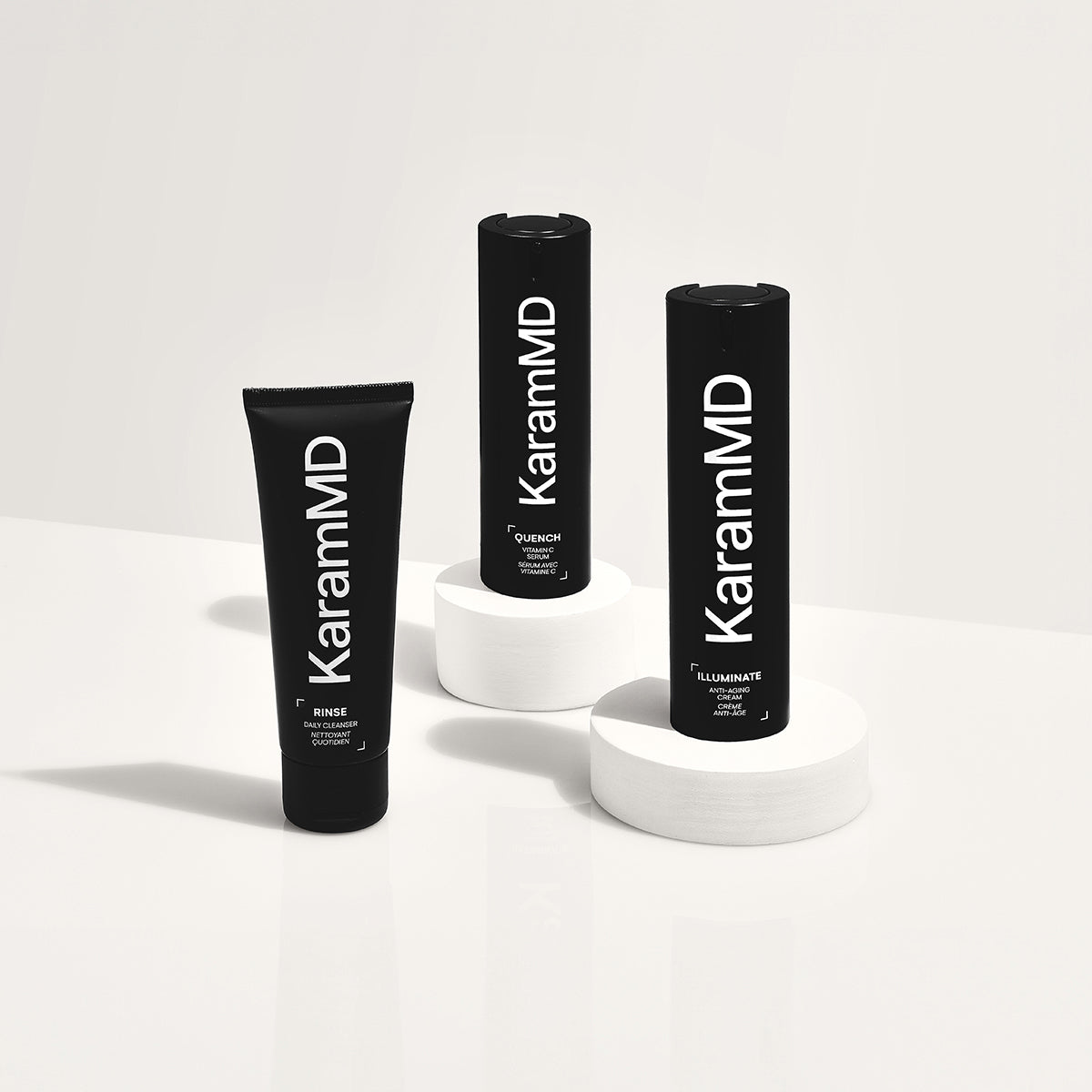
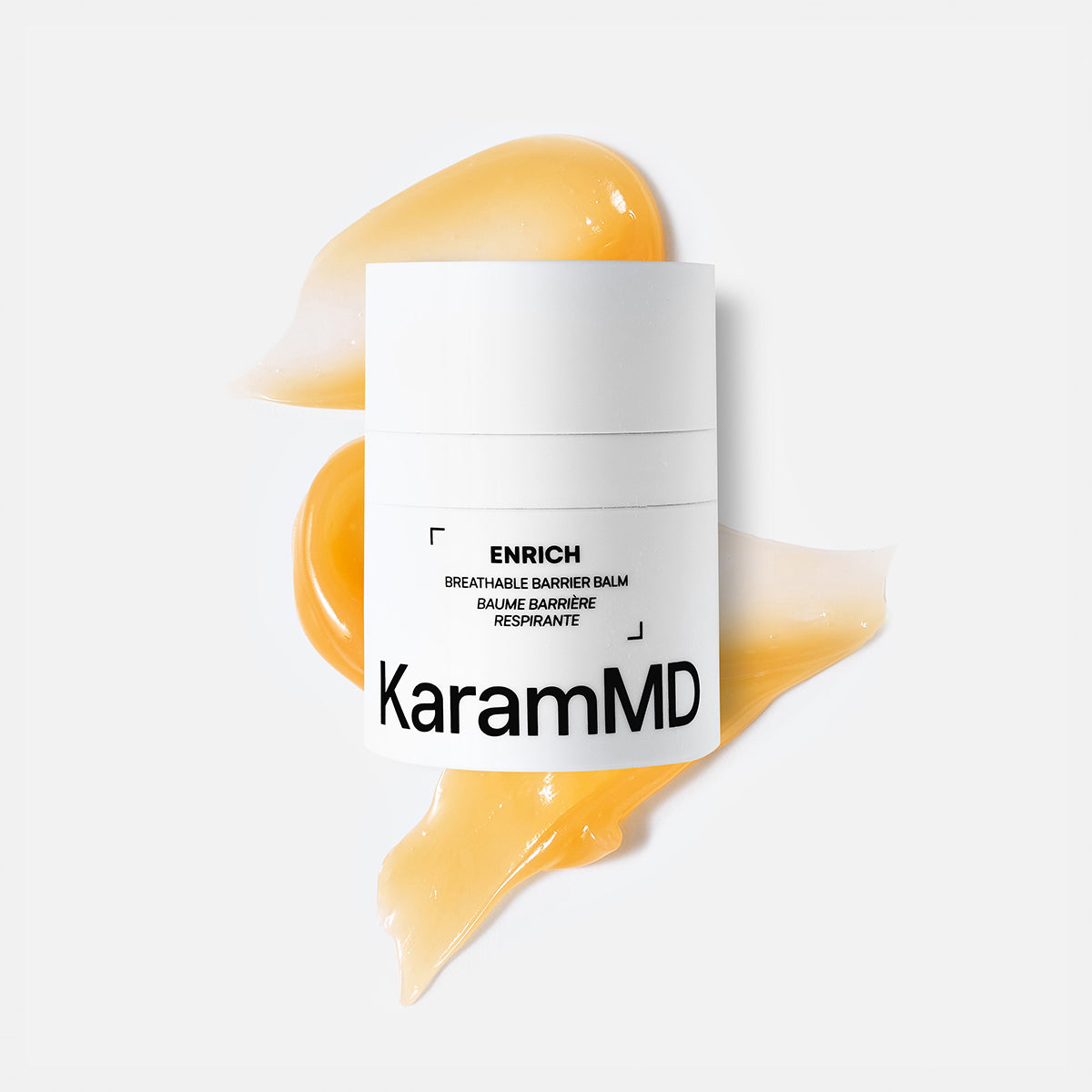
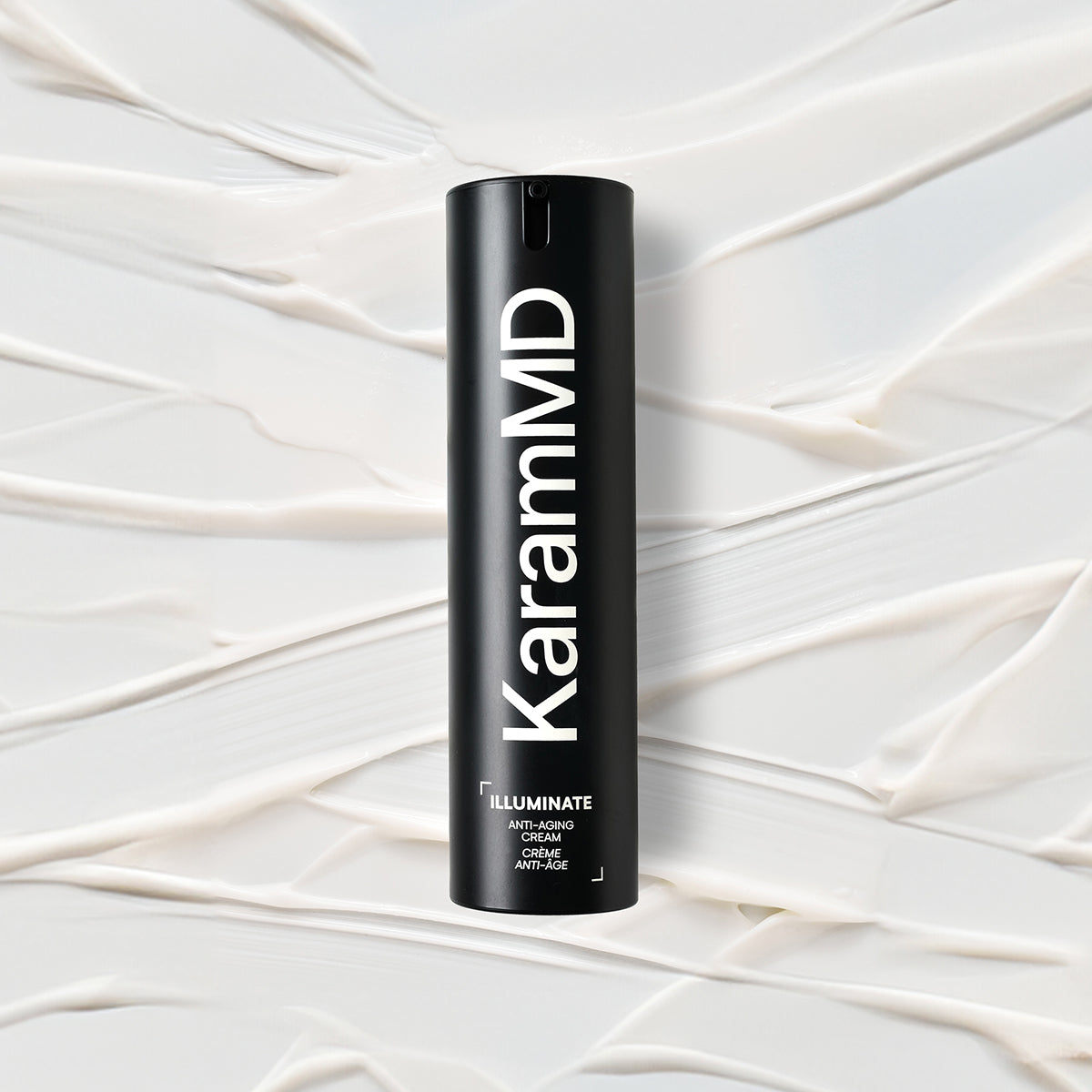
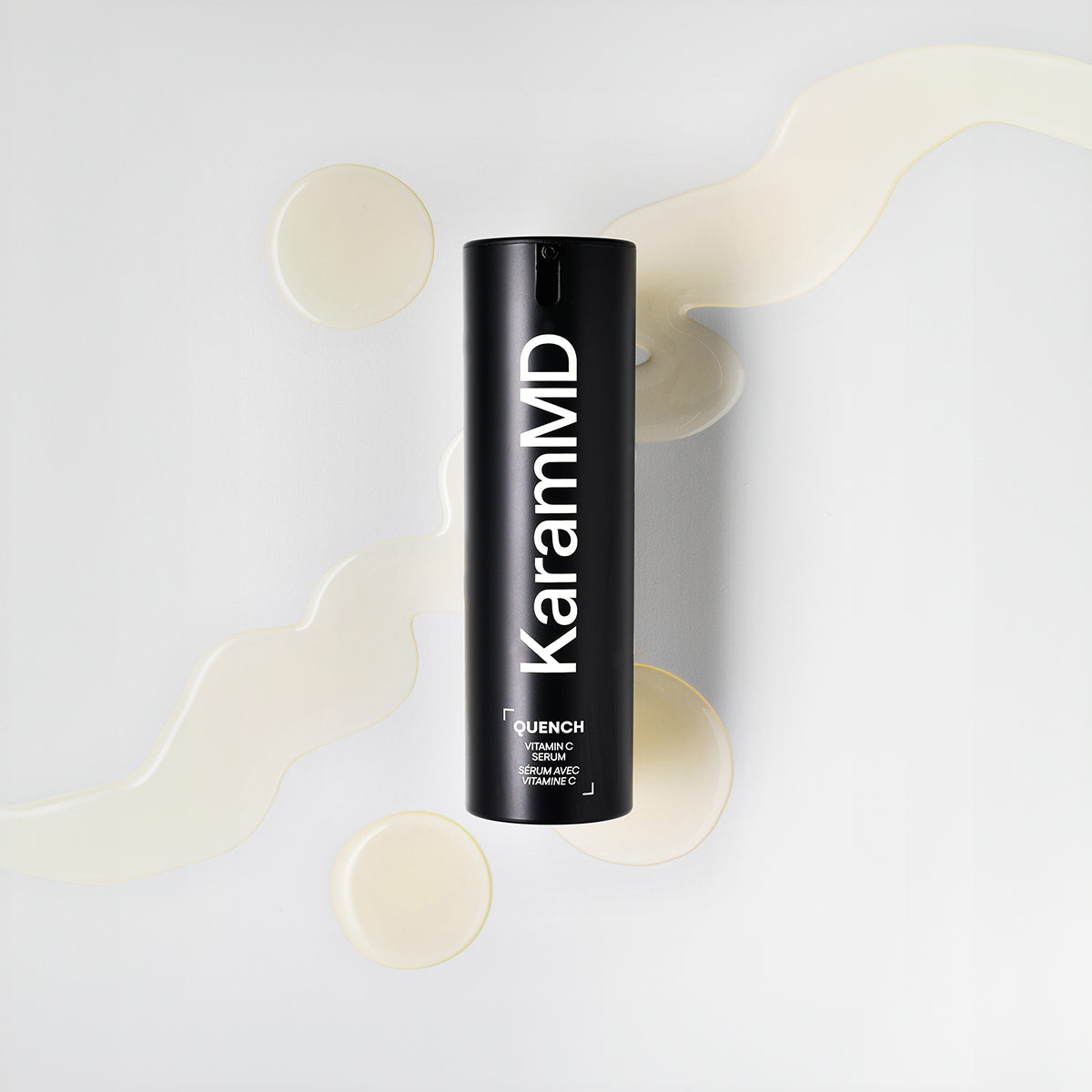
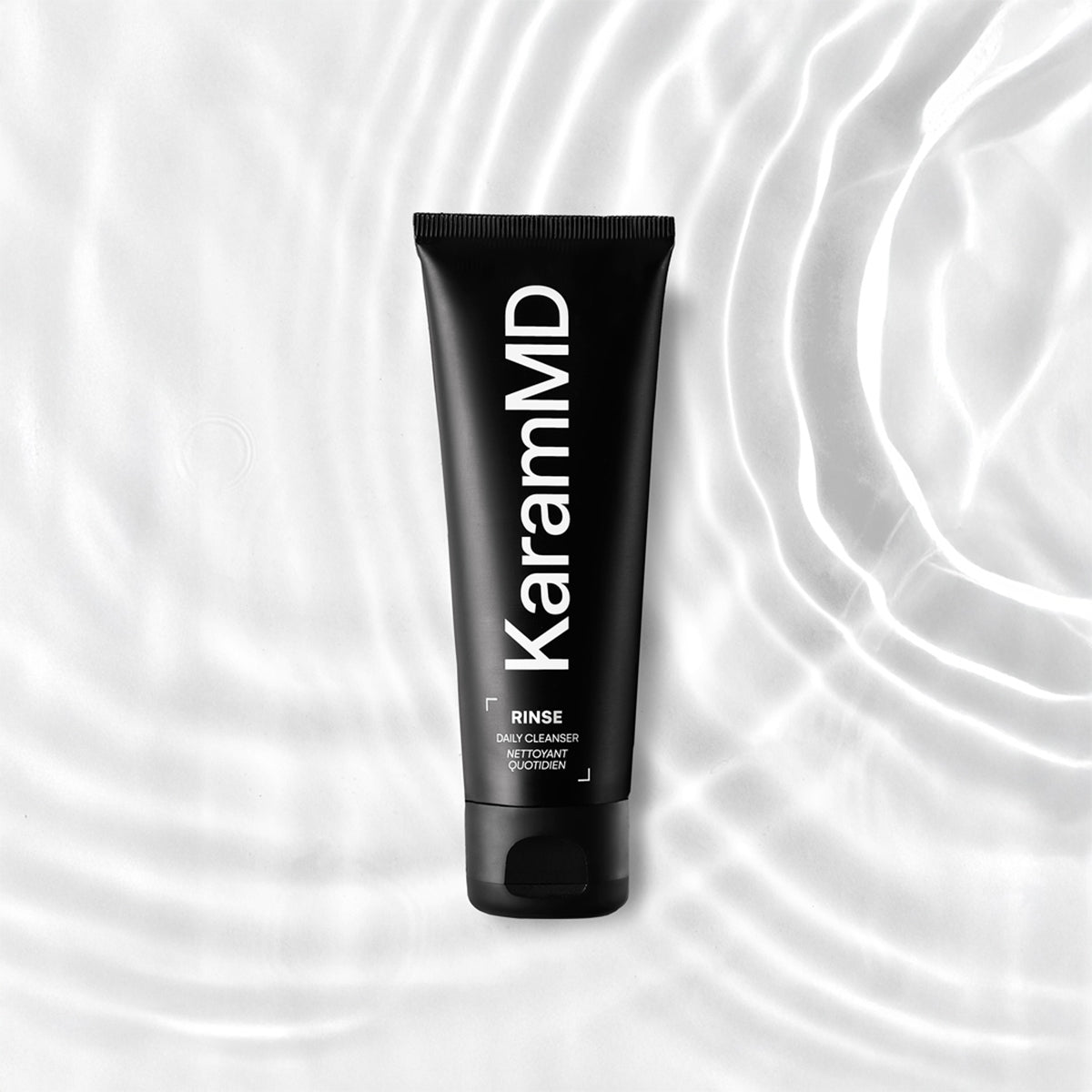
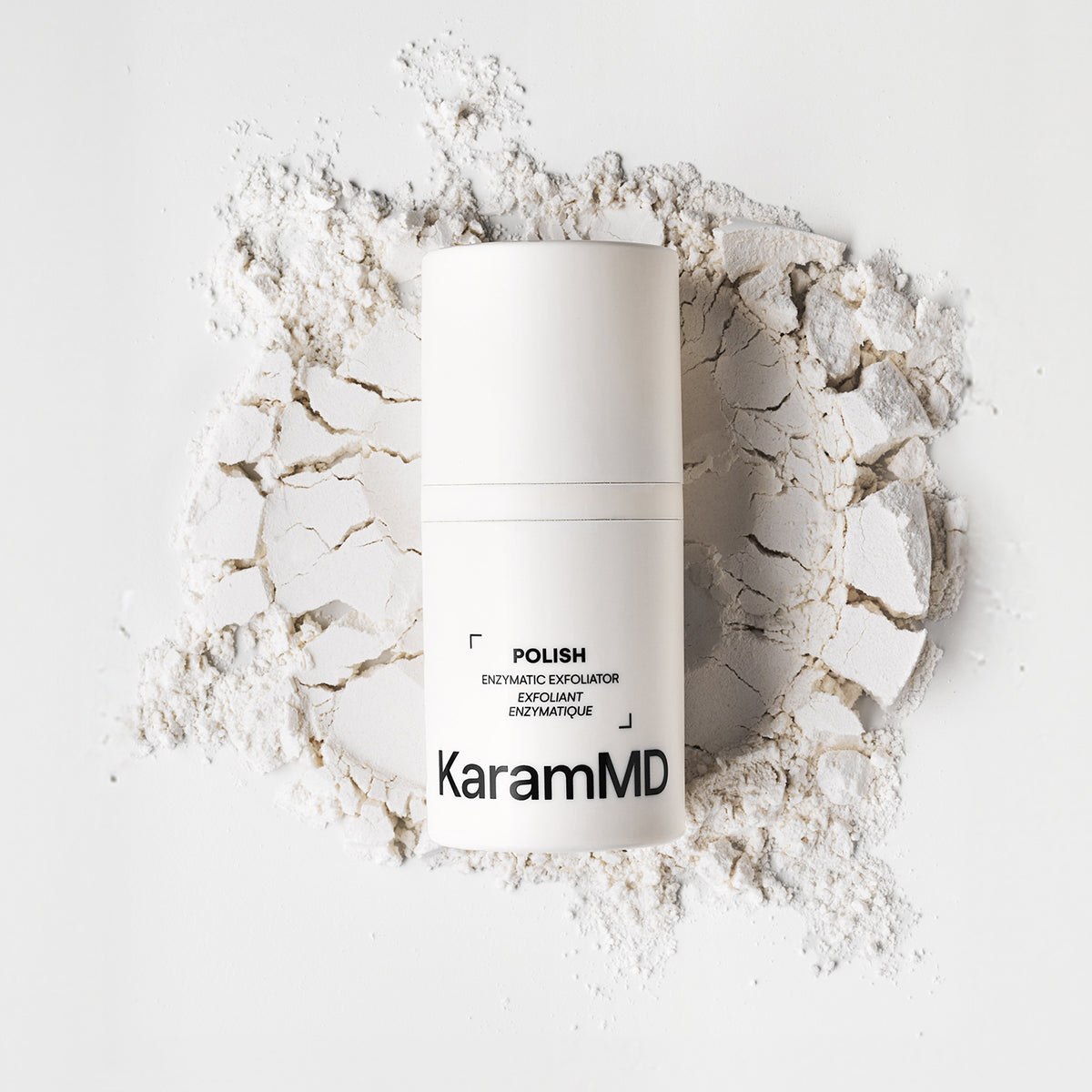
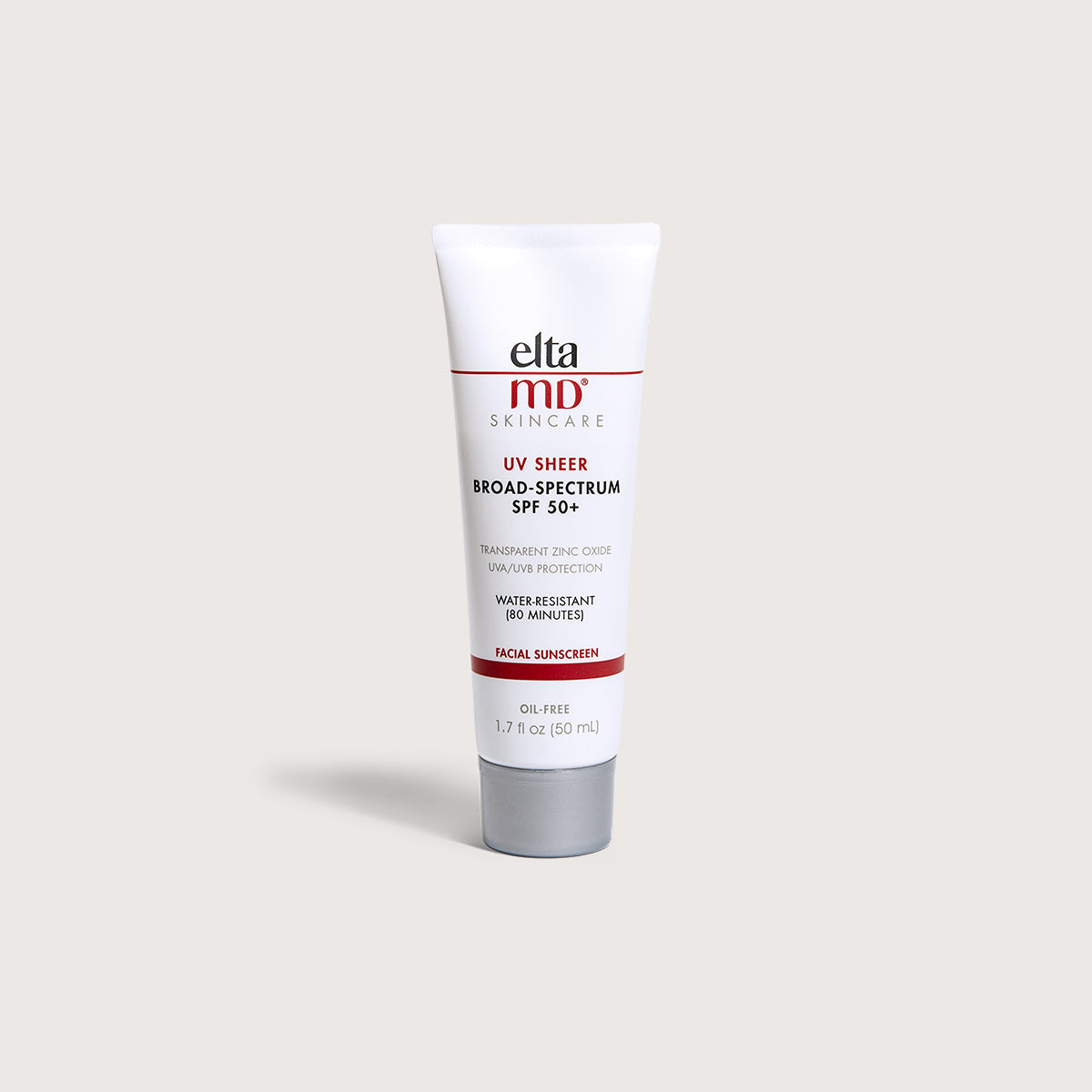
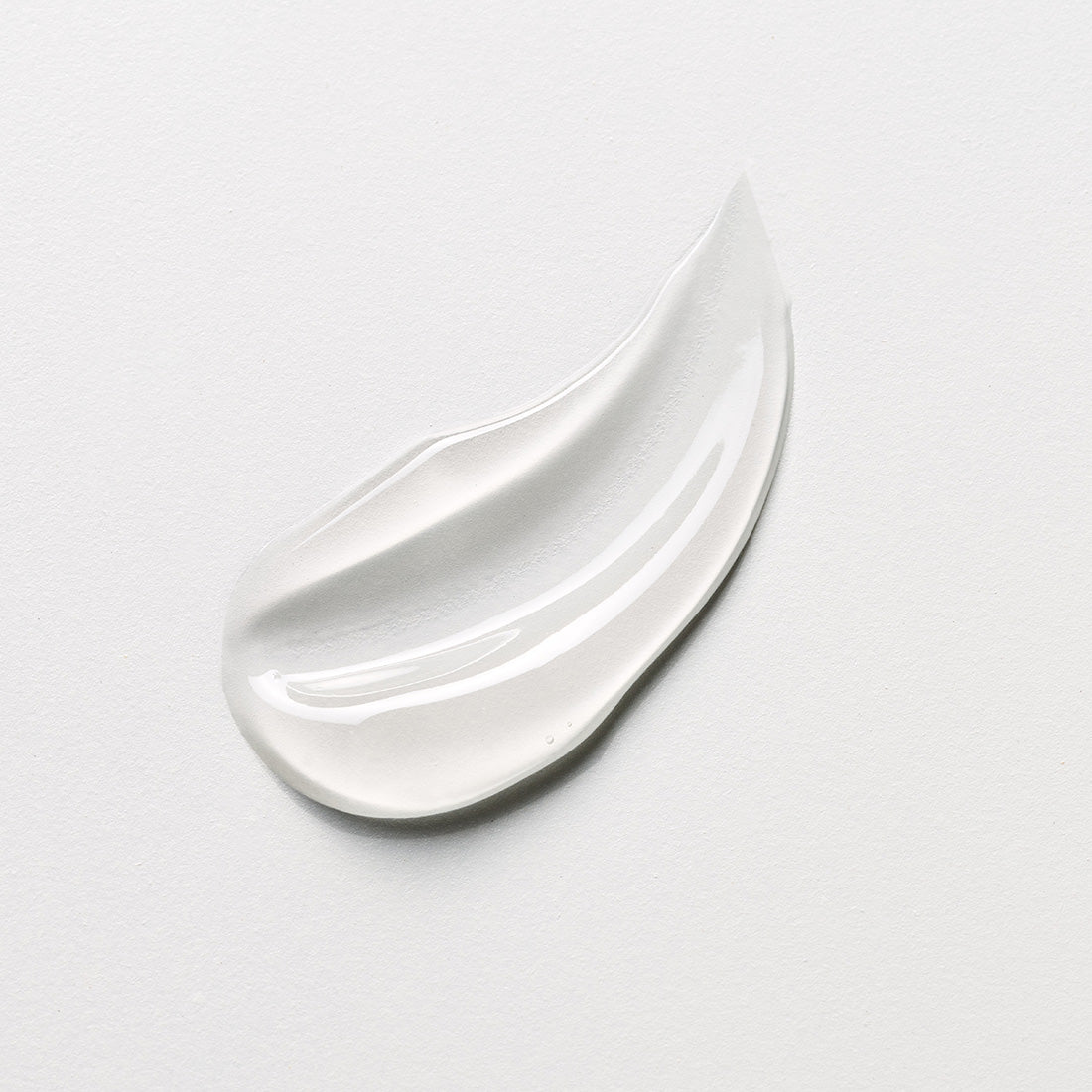
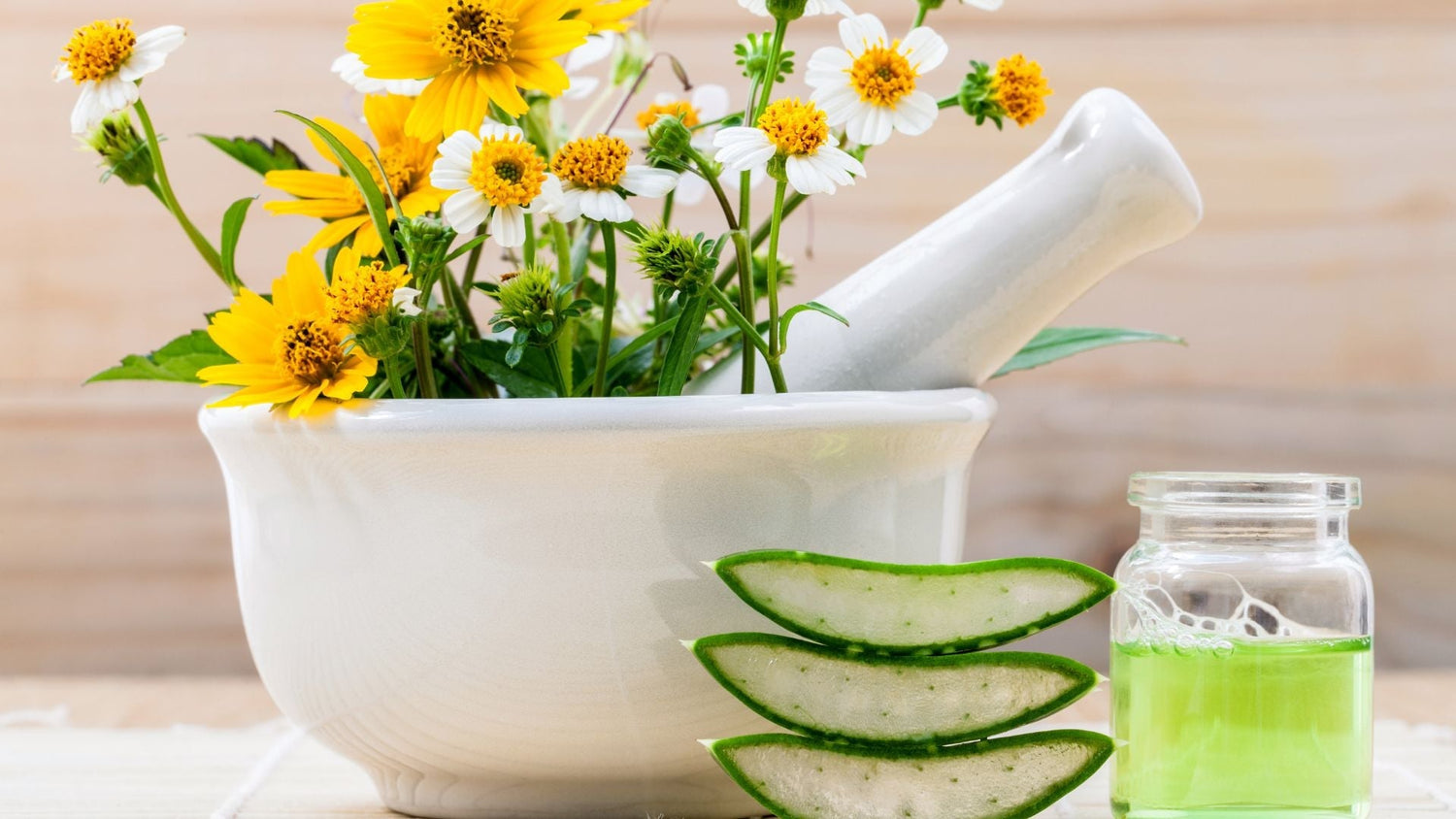

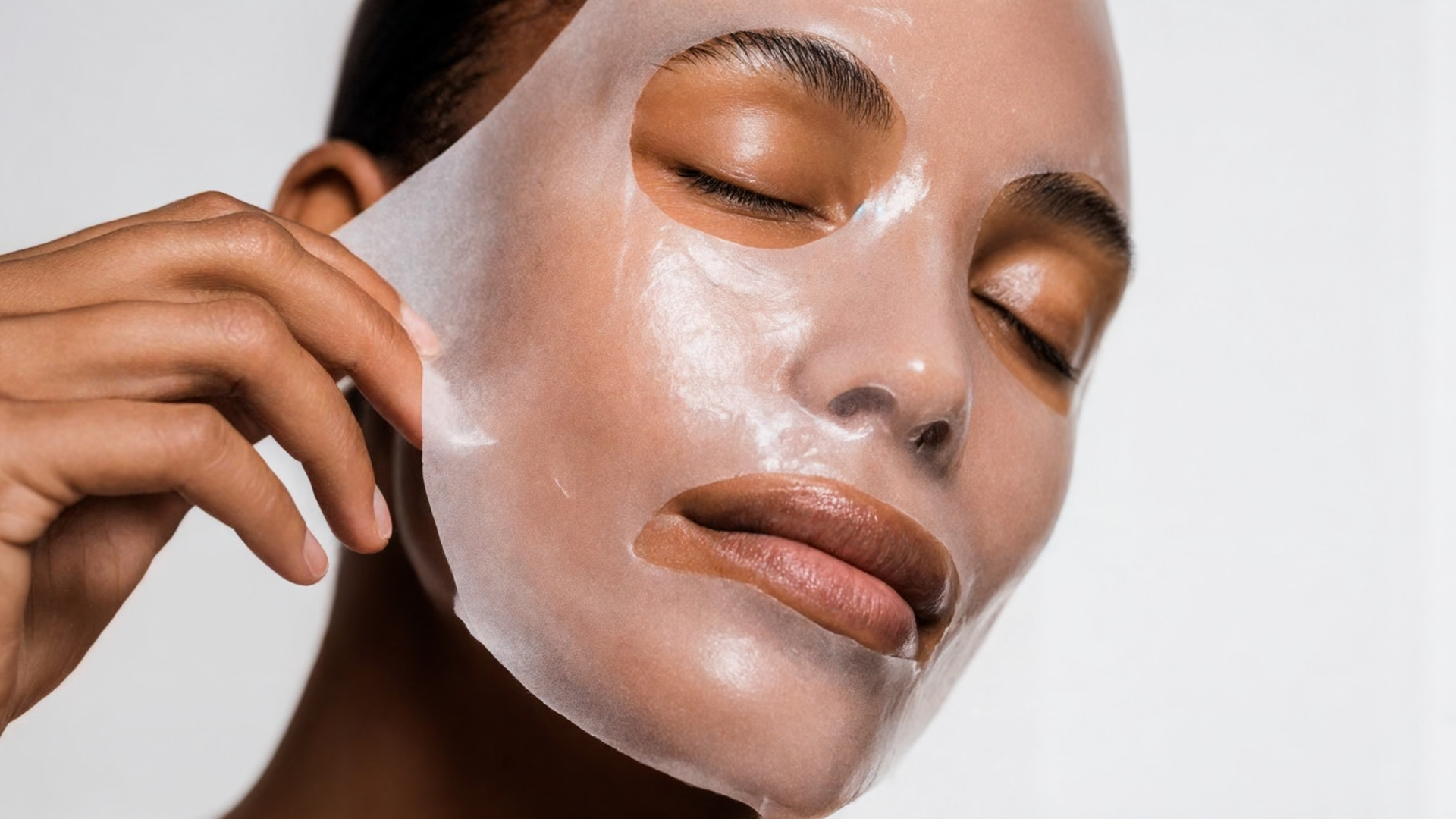

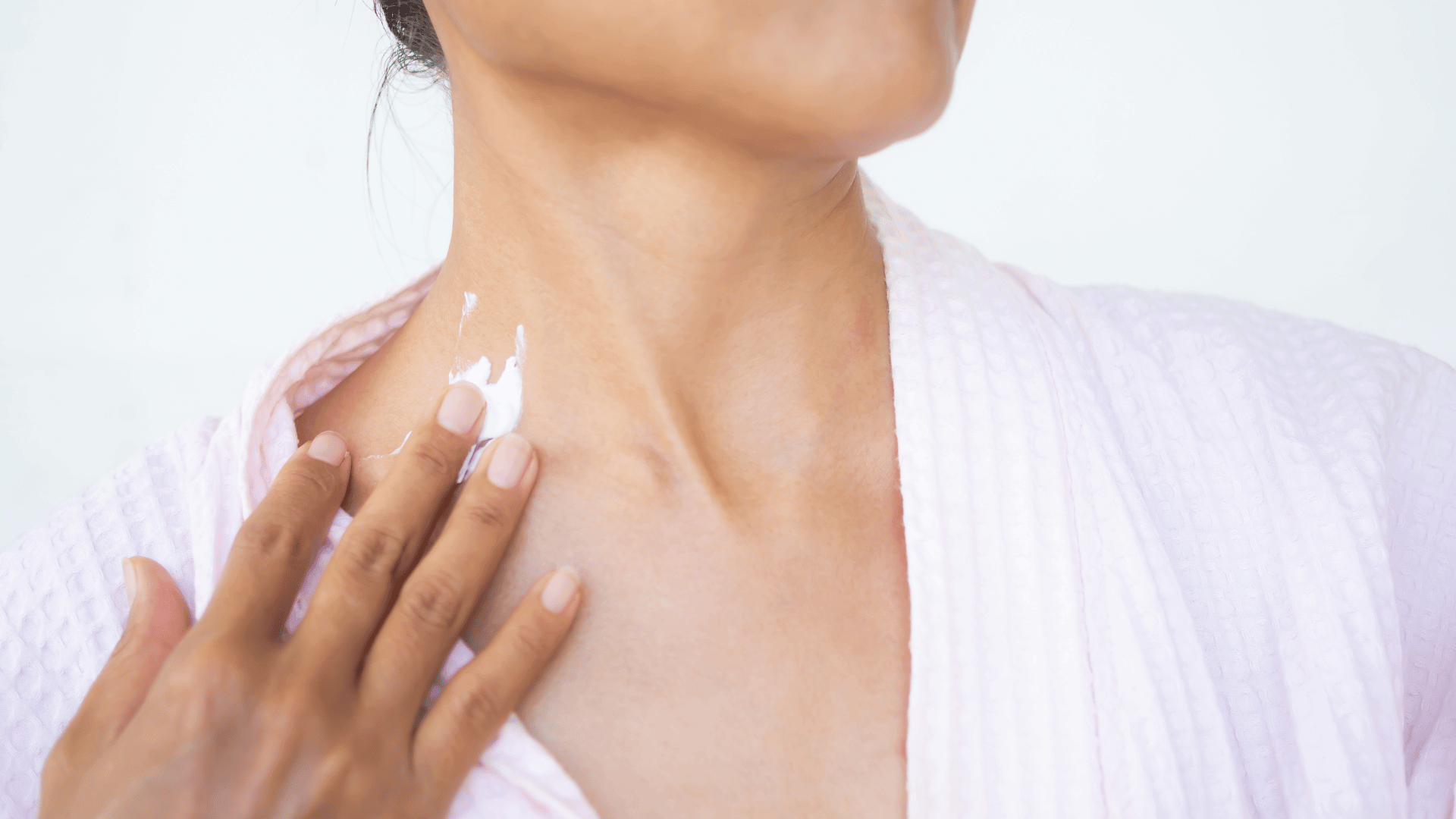

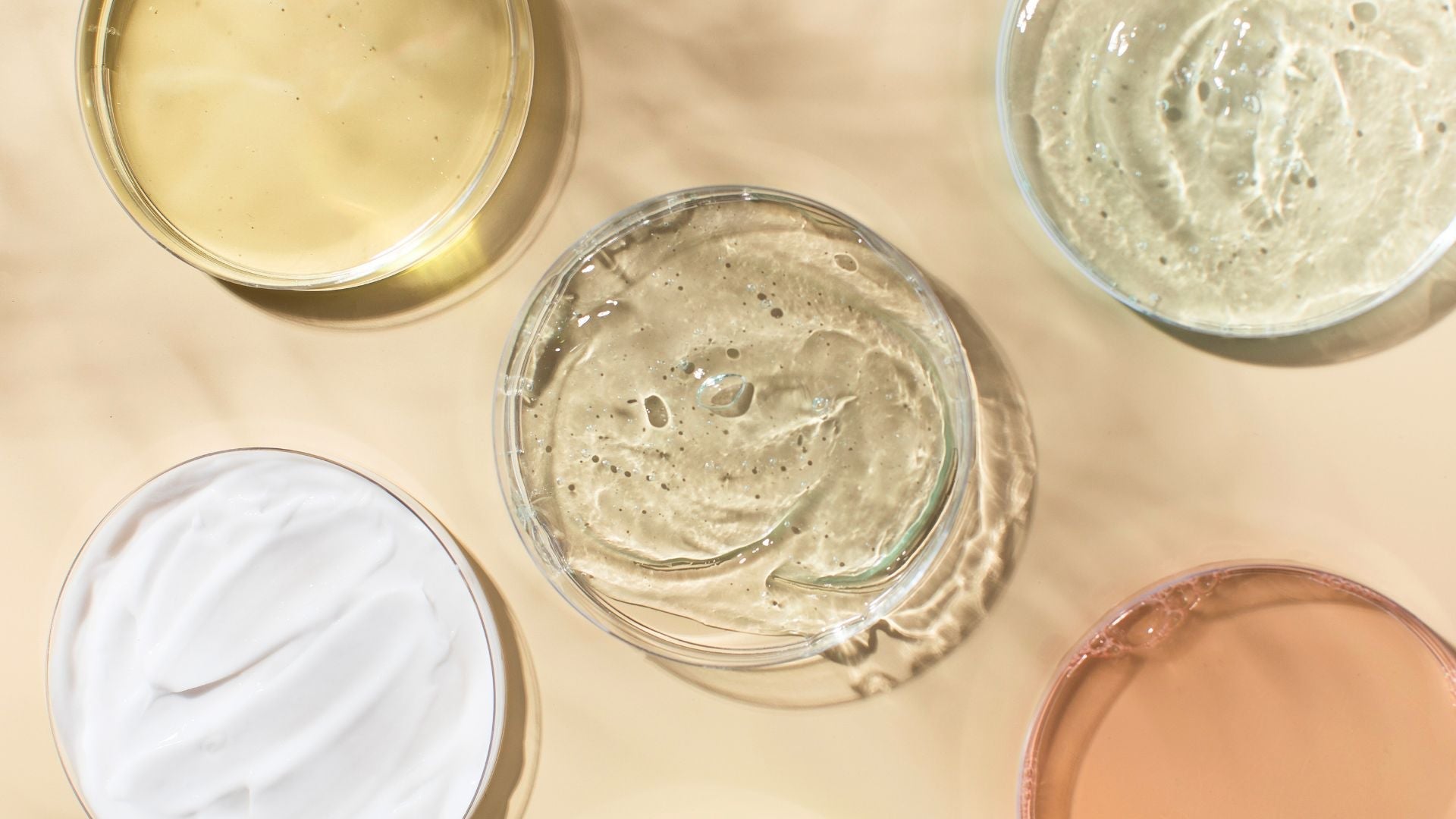
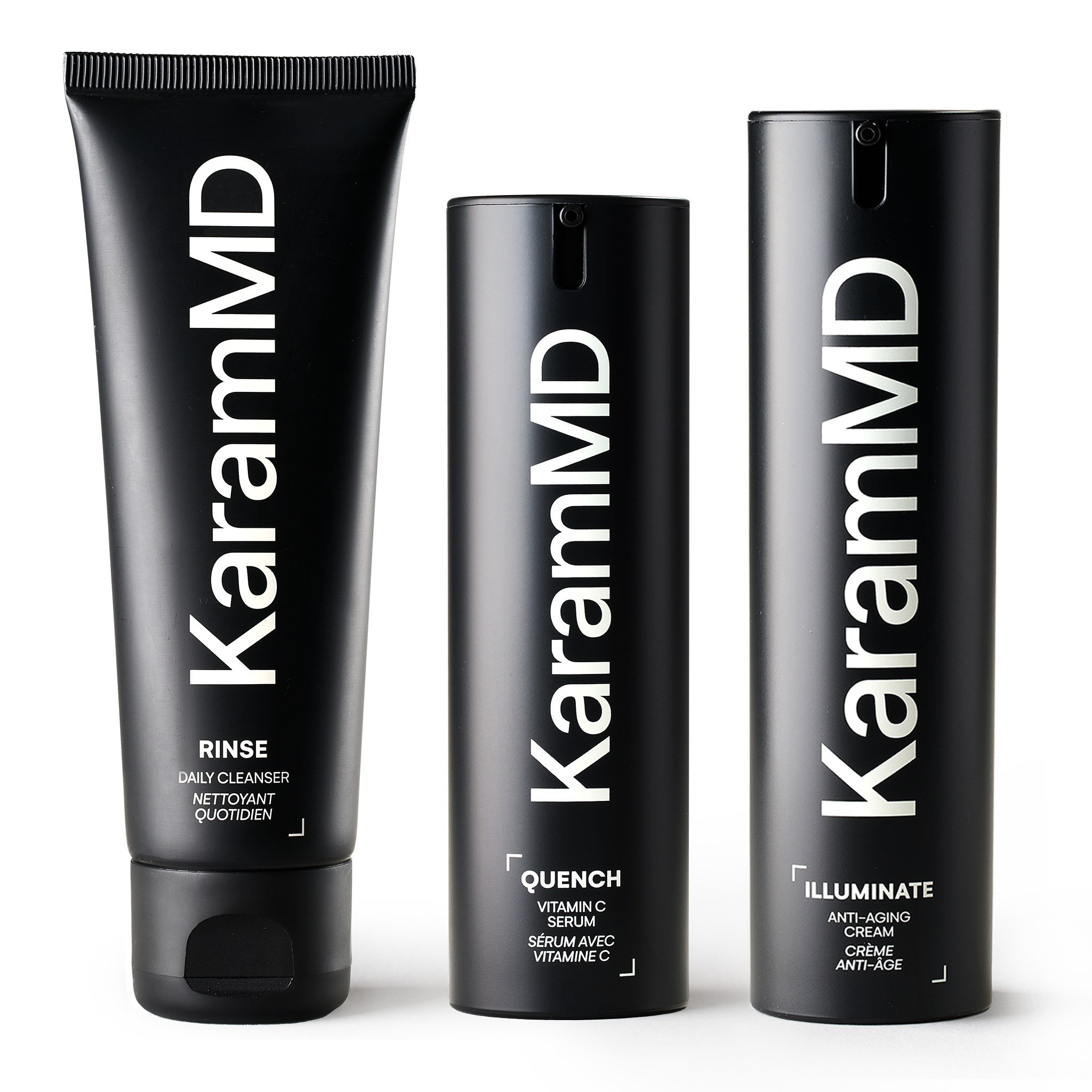
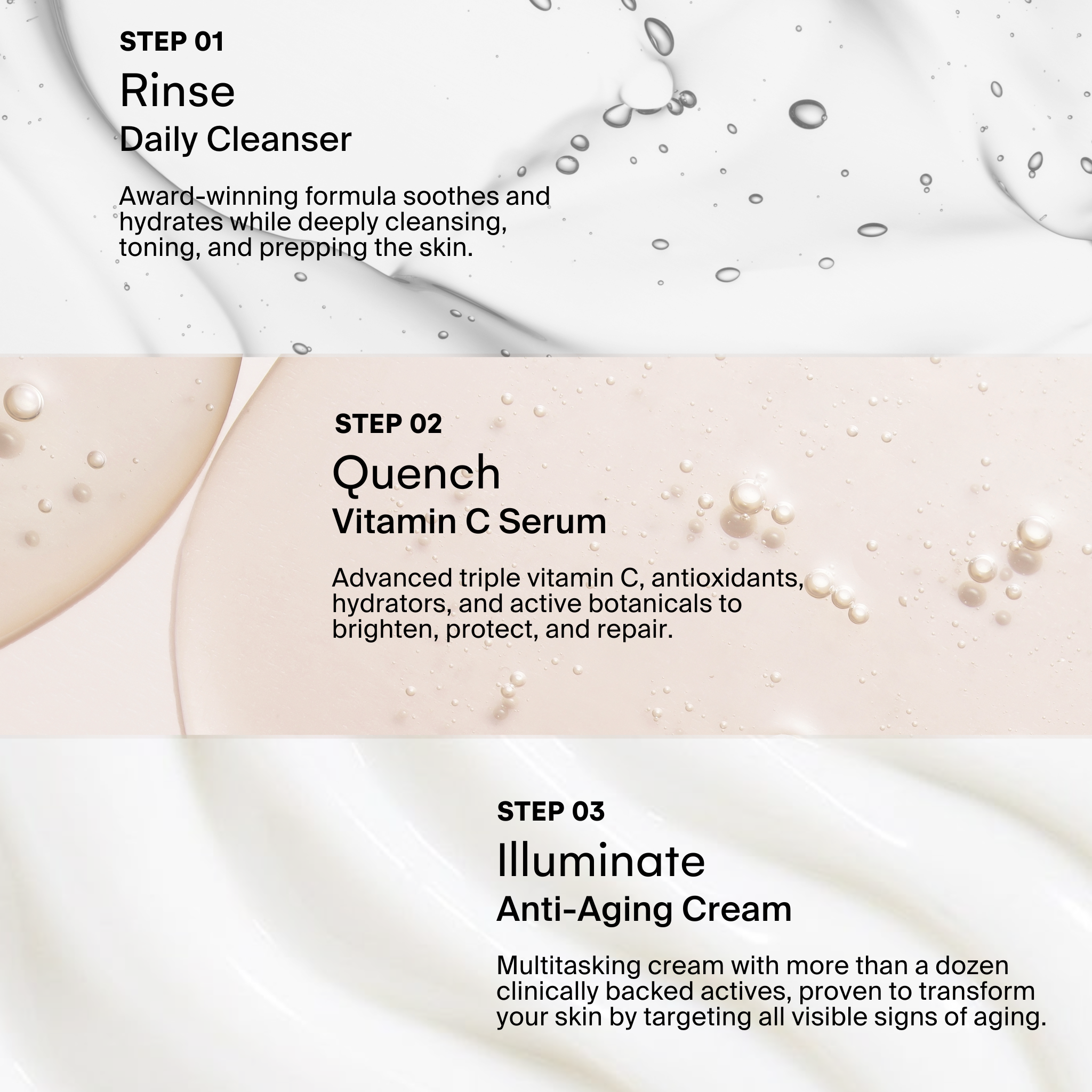
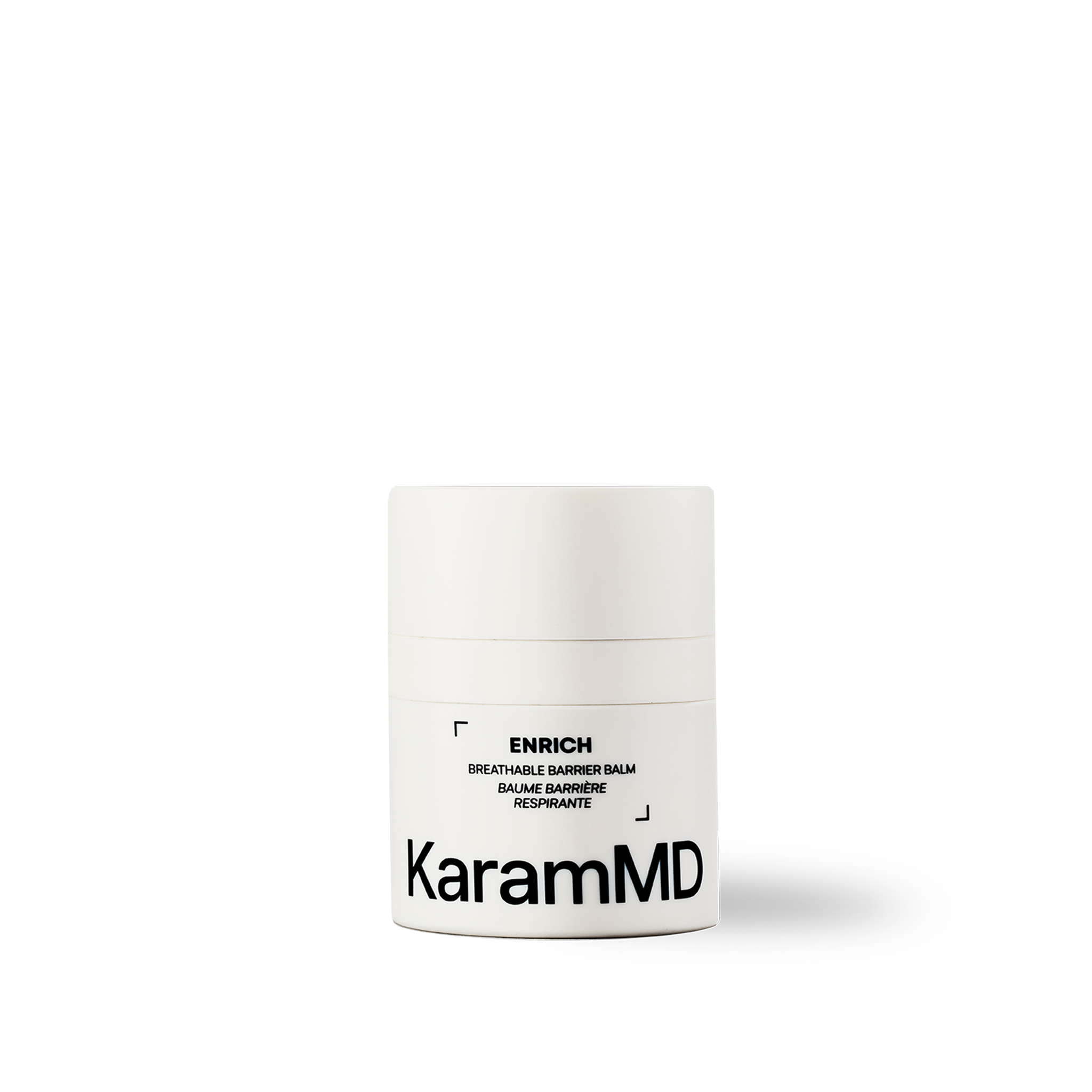
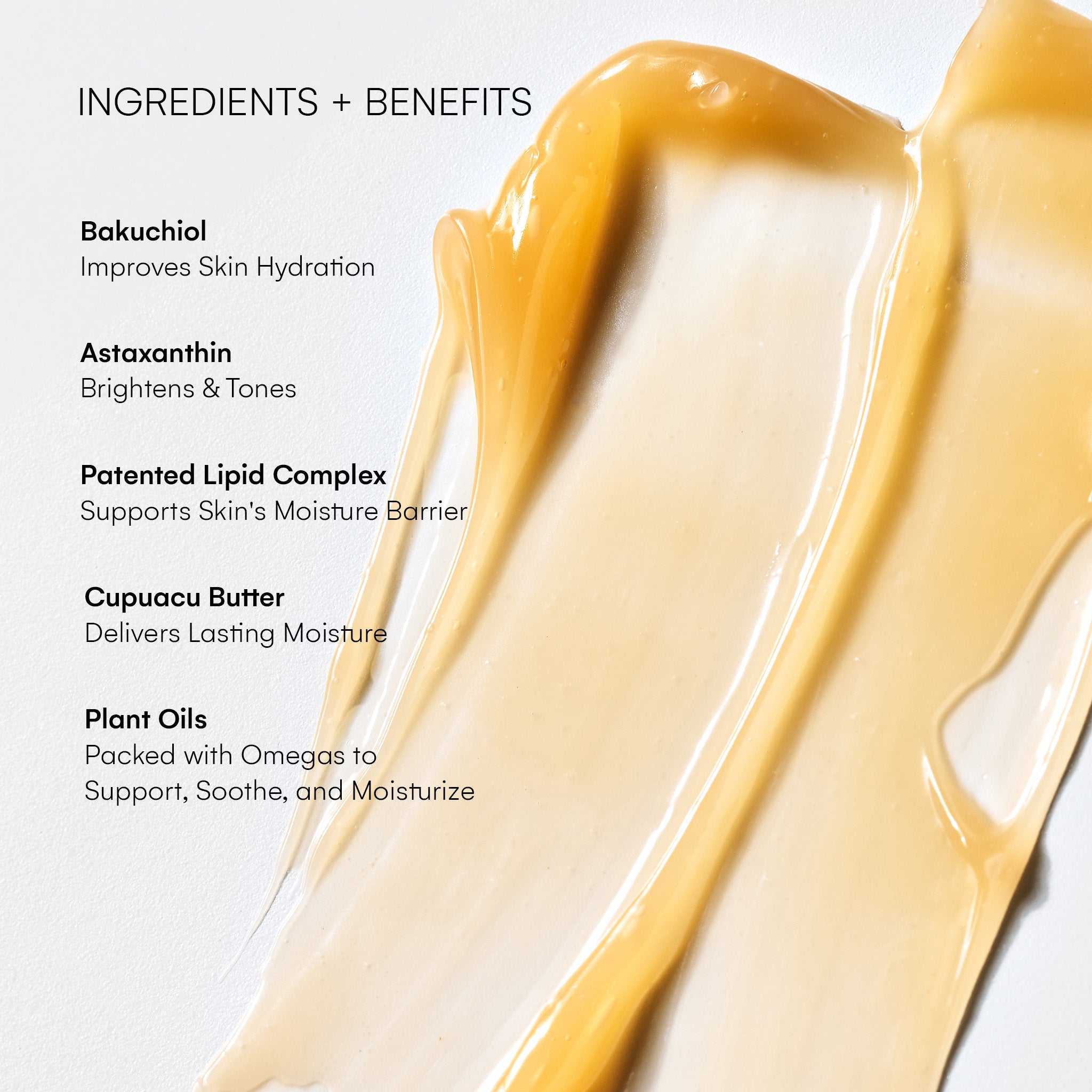
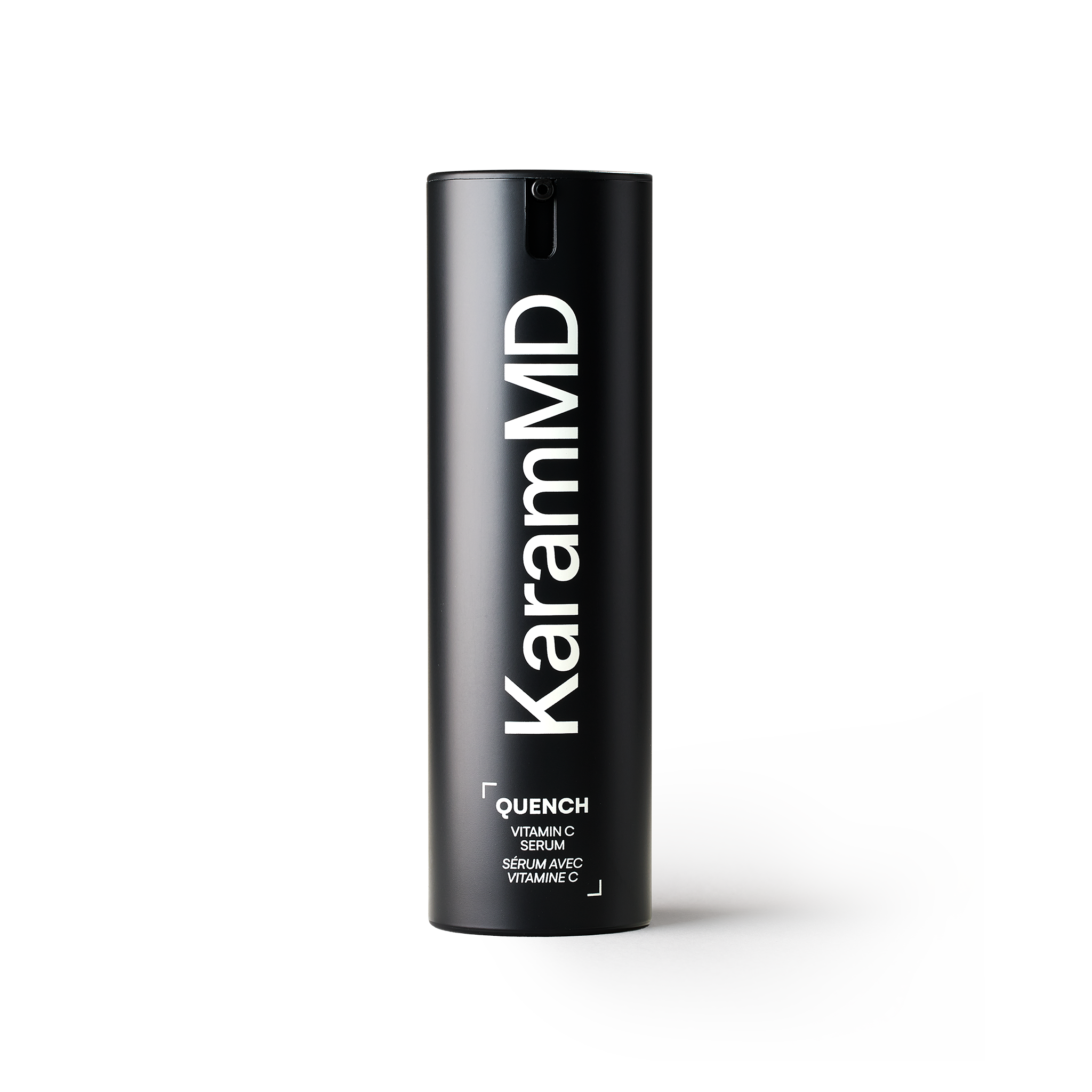
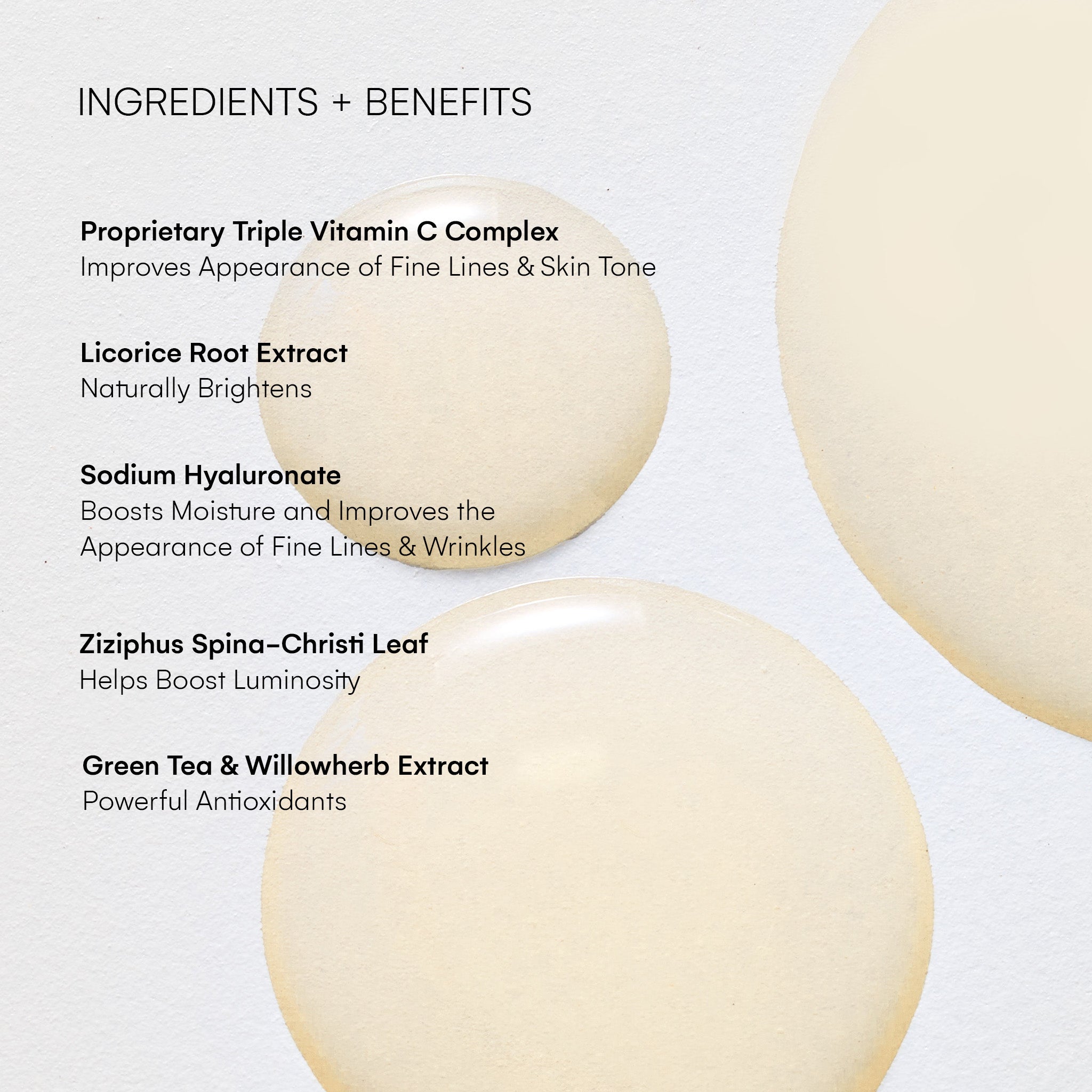
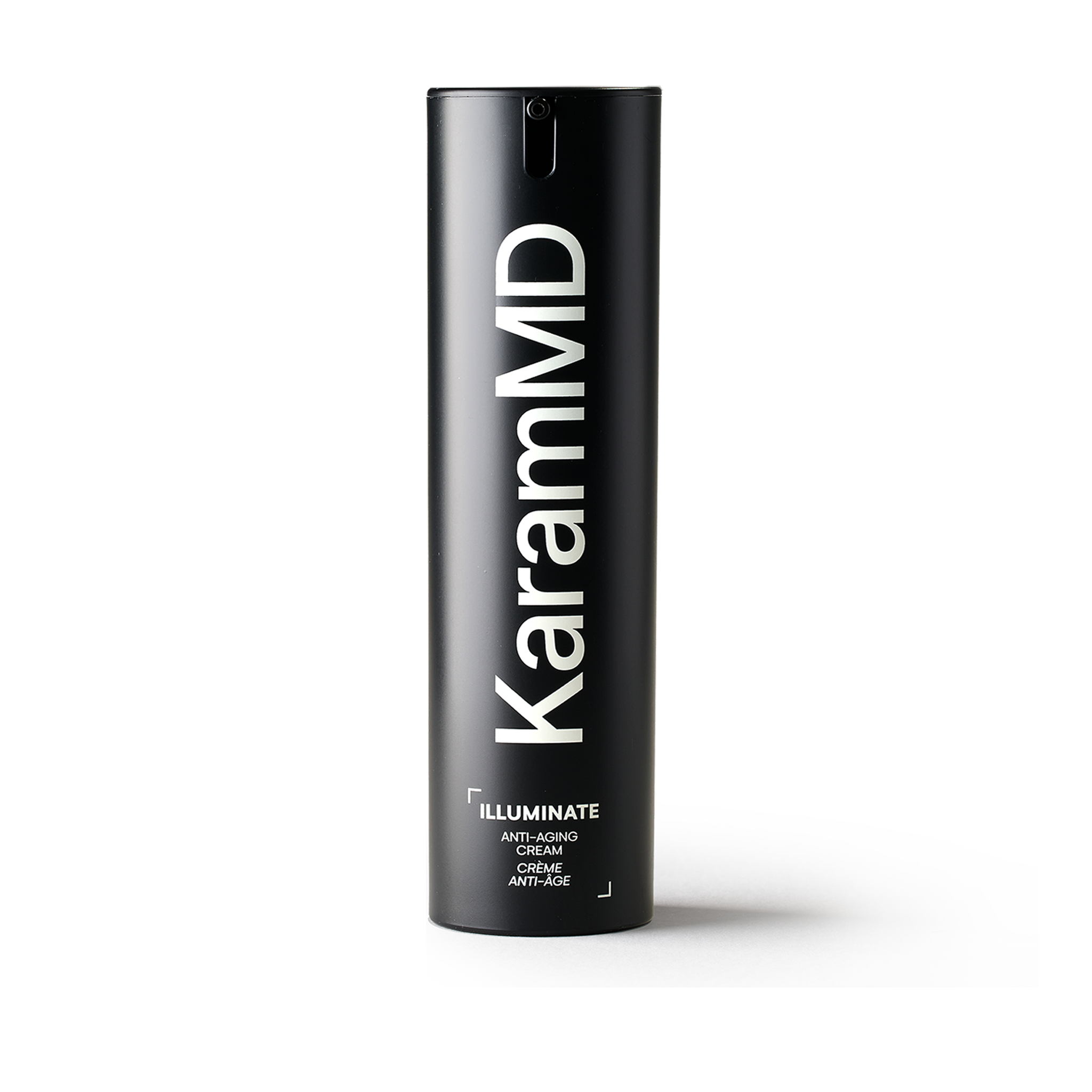
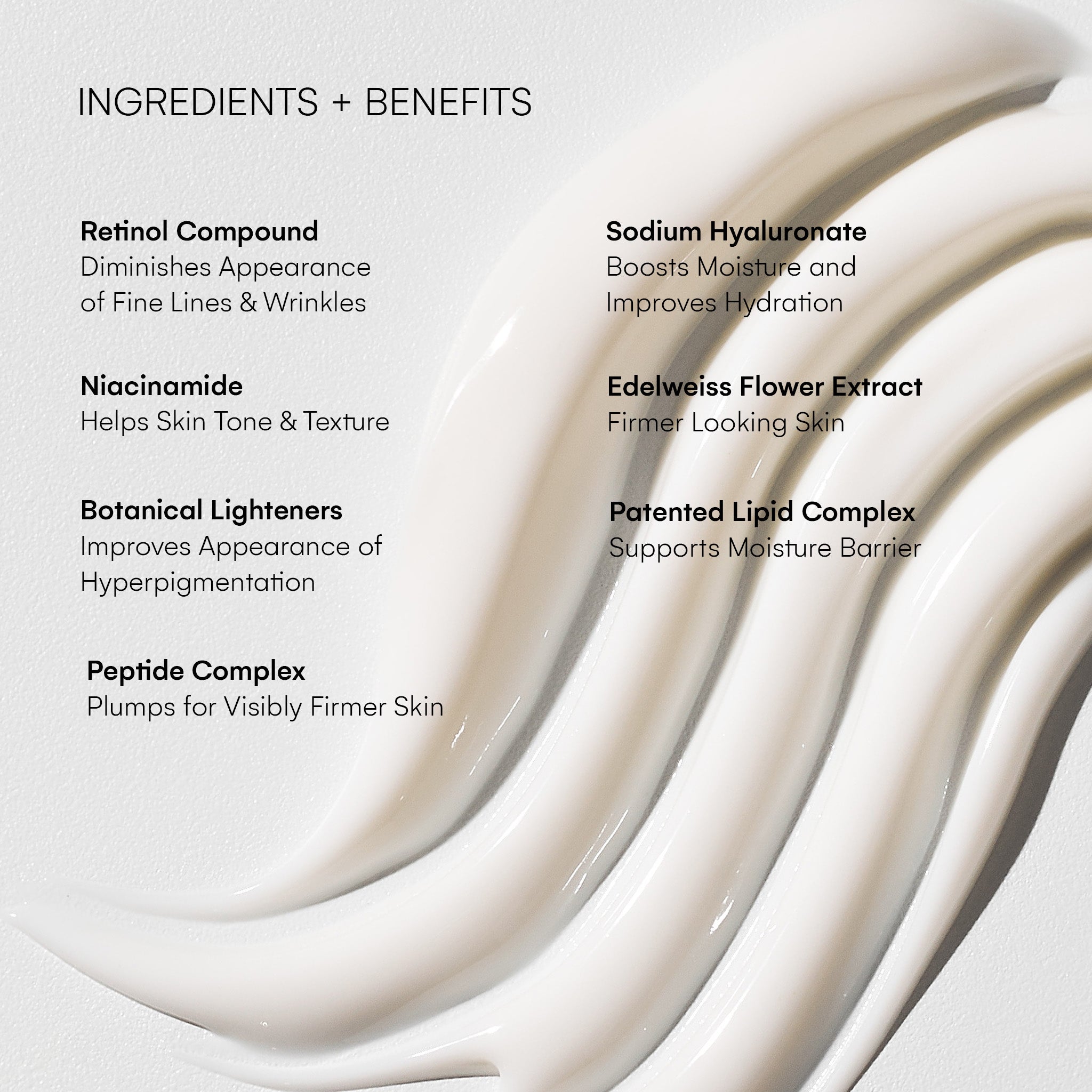
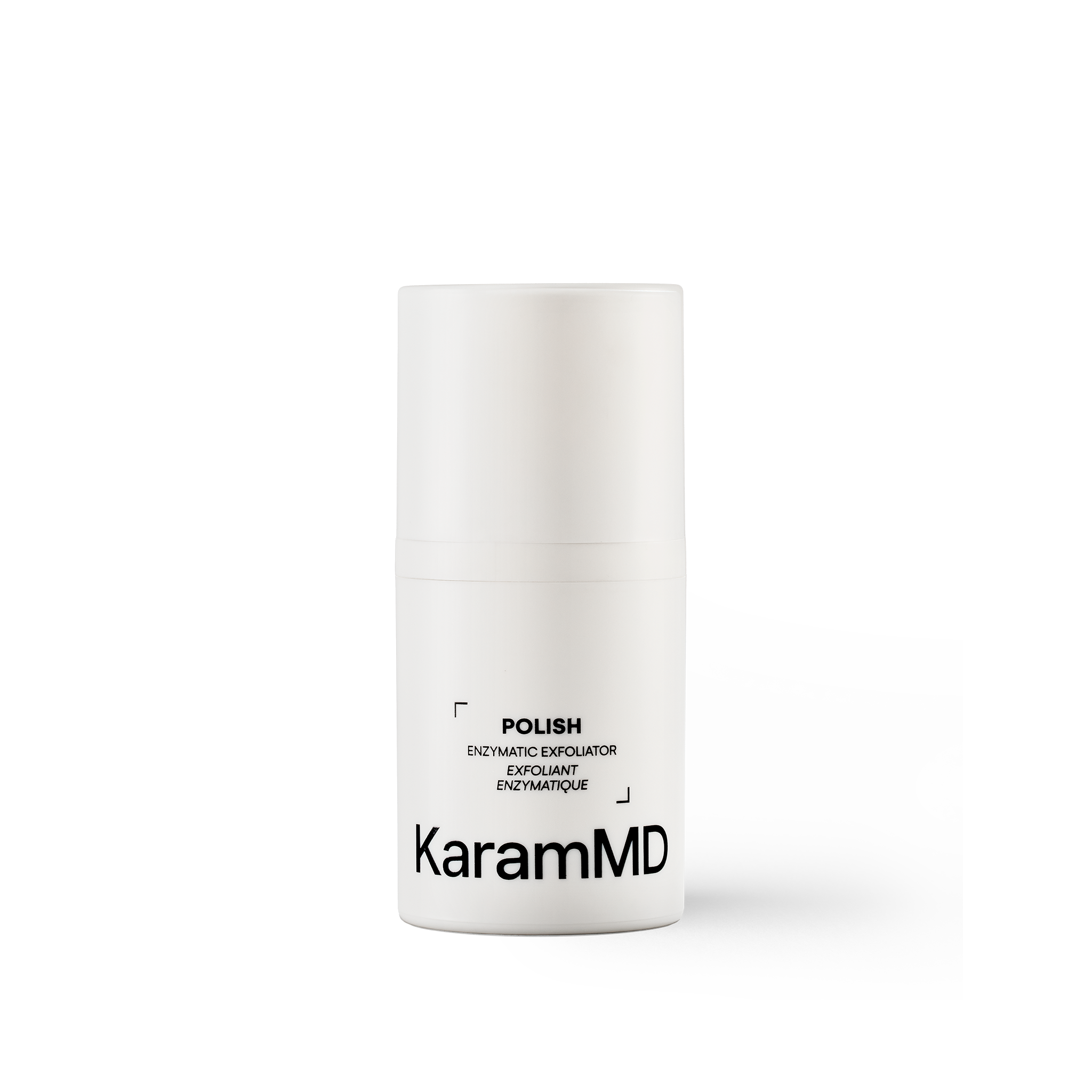
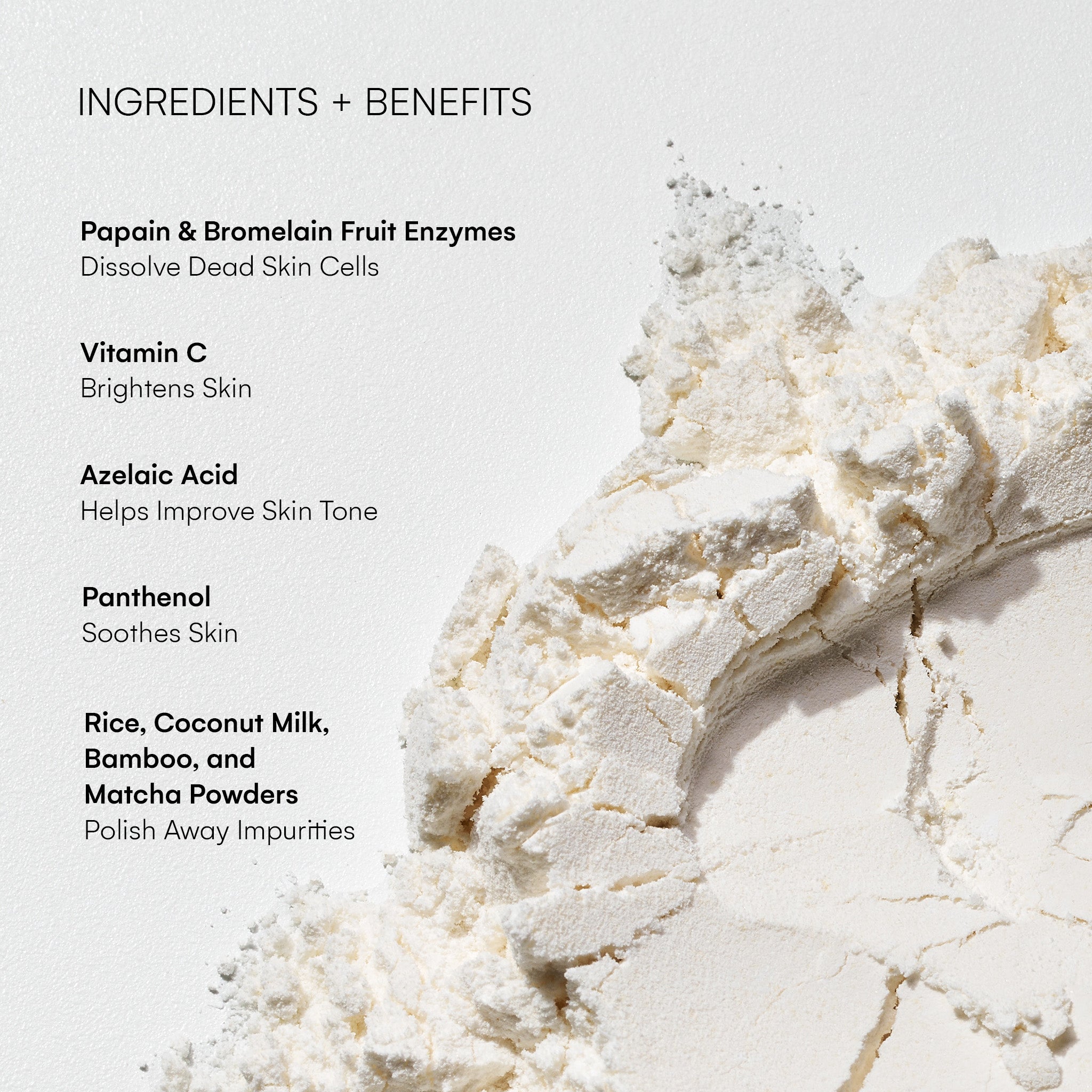
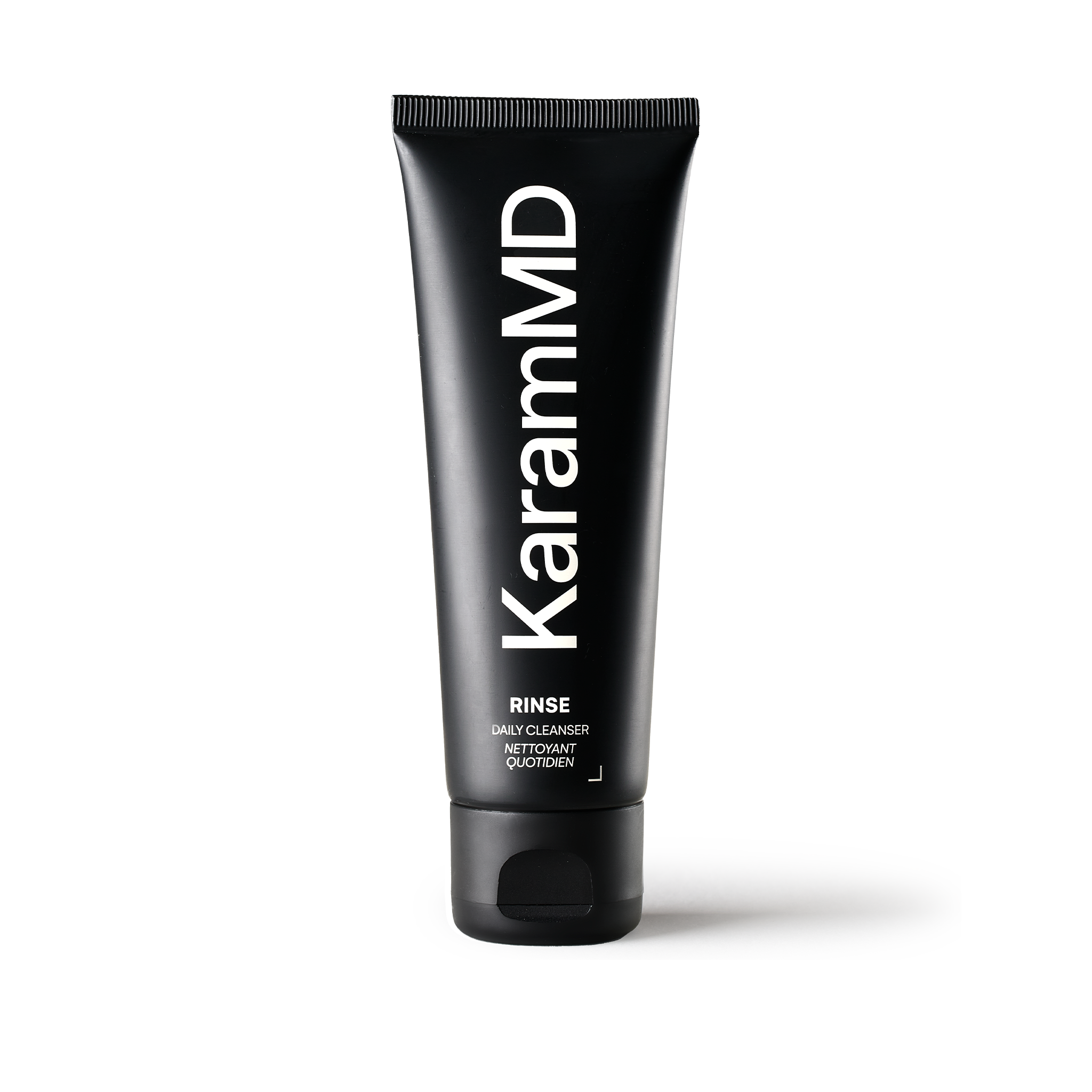

Leave a comment
All comments are moderated before being published.
This site is protected by hCaptcha and the hCaptcha Privacy Policy and Terms of Service apply.